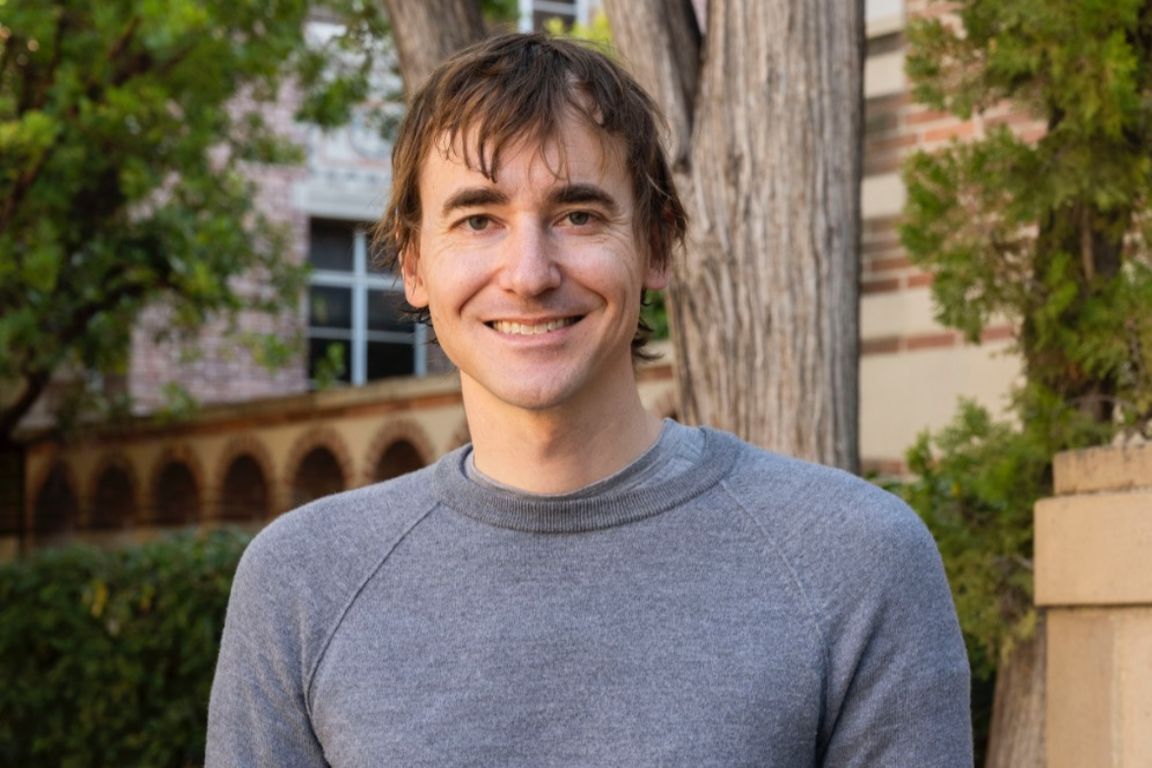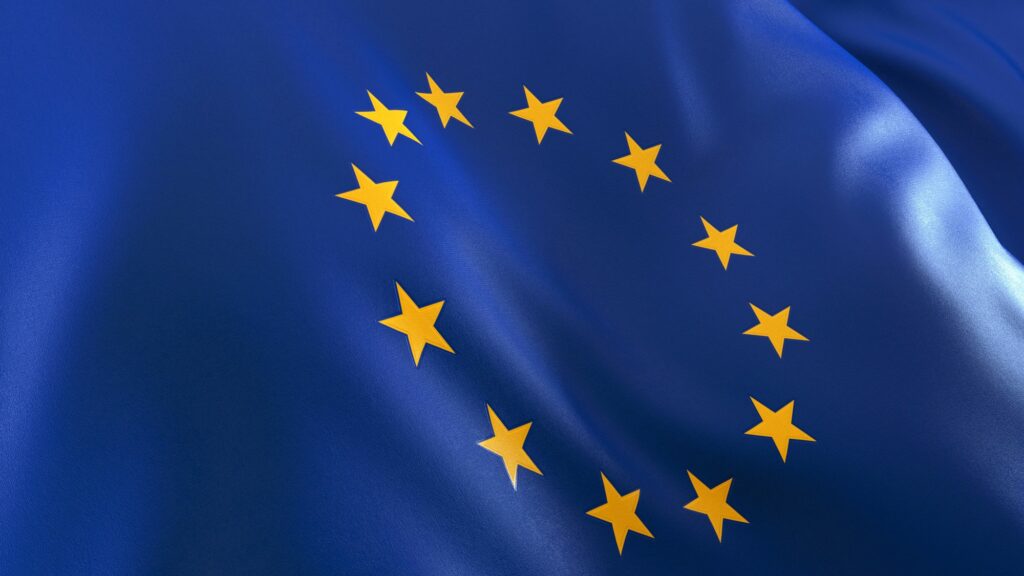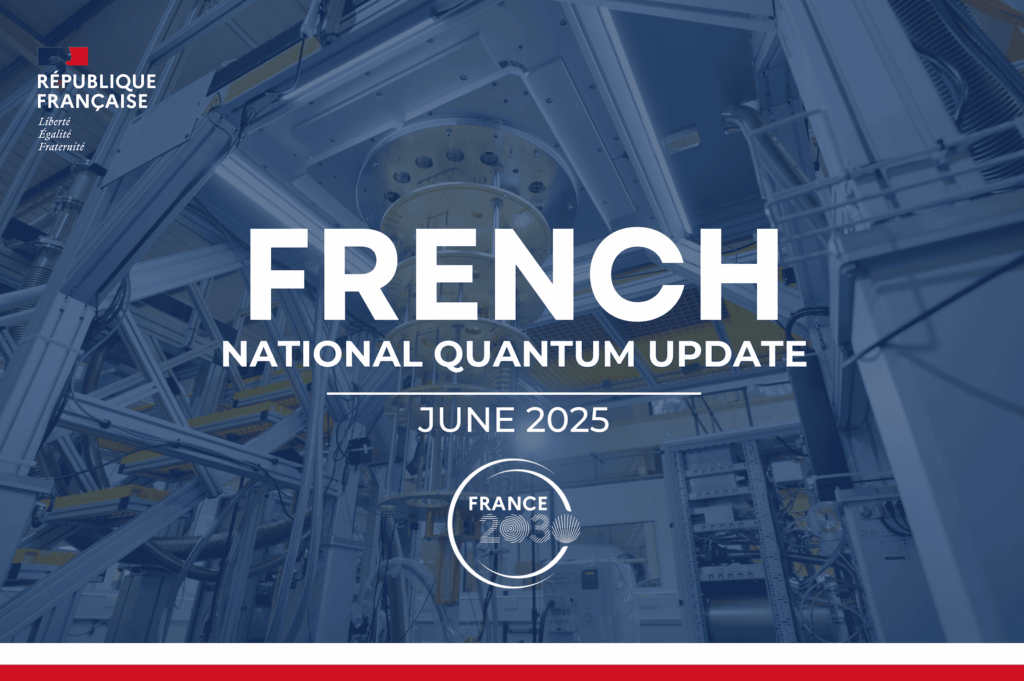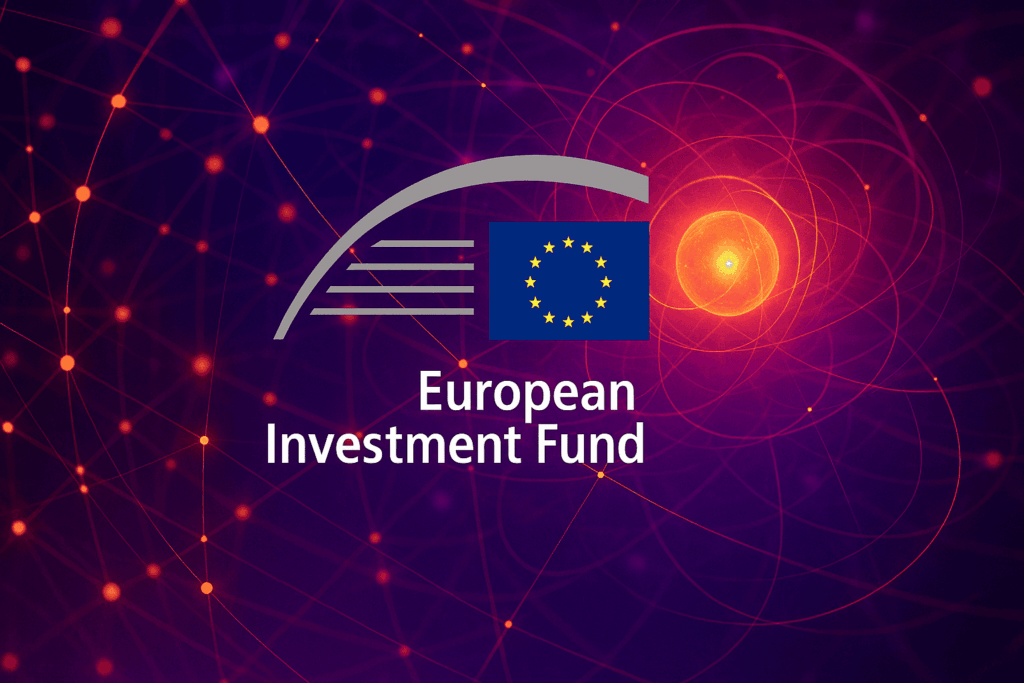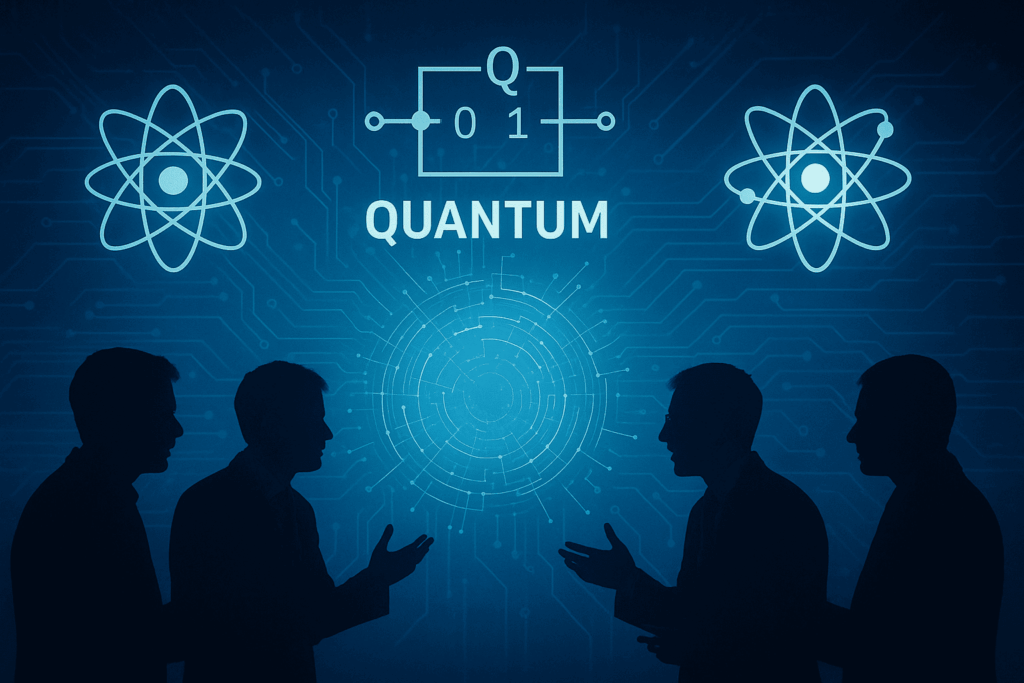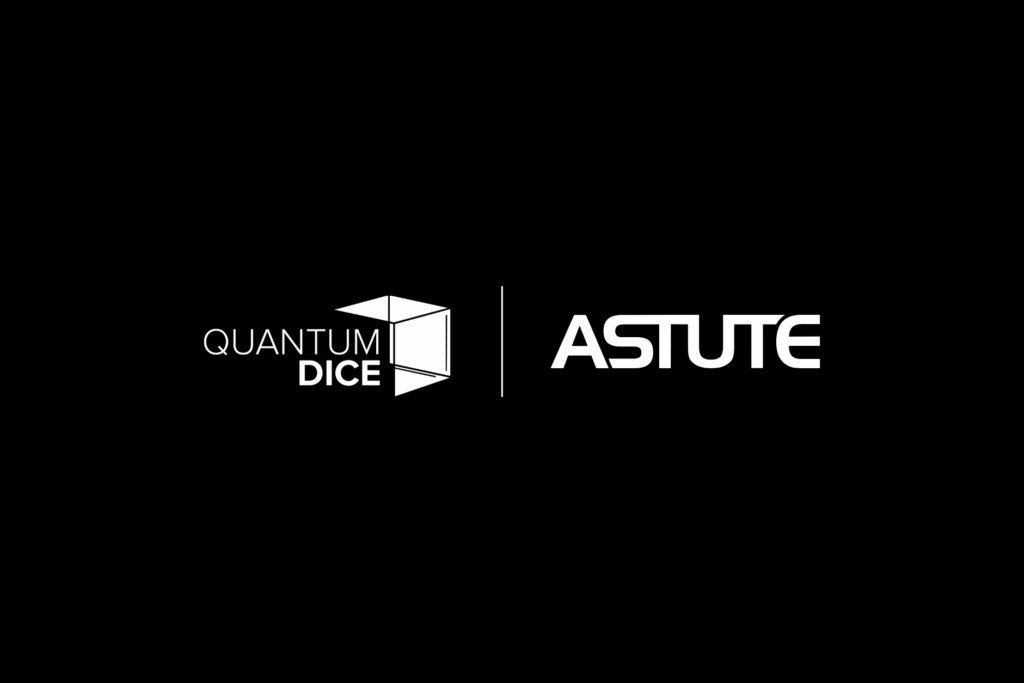Insider Brief:
- UCLA’s Quantum Sensing and Imaging Lab (Q-SAIL) secured a $1 million NSF grant to accelerate the development of quantum sensors using two-dimensional trapped-ion arrays.
- Q-SAIL, led by UCLA’s David Leibrandt, collaborates with top institutions like the University of Delaware, Caltech, and MIT, as part of the NSF’s new National Quantum Virtual Laboratory to fast-track quantum technology commercialization.
- The NSF initiative, which includes Q-SAIL, broadens access to quantum research, aligning with the goals of the 2018 National Quantum Initiative Act.
PRESS RELEASE—Researchers from the California NanoSystems Institute at UCLA and their colleagues have received a one-year, $1 million grant as part of a new National Science Foundation program aimed at accelerating the development and commercialization of quantum technologies for the benefit of society.
The Quantum Sensing and Imaging Lab, or Q-SAIL, which will be led by UCLA quantum physicist David Leibrandt, is one of five pilot projects across the country selected by the NSF to participate in the agency’s new National Quantum Virtual Laboratory, a first-of-its-kind national resource to enable the faster discovery and advancement of quantum technologies. At Q-SAIL, UCLA scientists from across the fields of physics, engineering and chemistry will collaborate with researchers from the University of Delaware, Caltech and MIT.
Q-SAIL aims to develop quantum sensors based on two-dimensional trapped-ion arrays, in which charged atomic particles are held in a confined space, enabling scientists to make measurements with unprecedented levels of precision.

“Quantum sensing is a brand-new field with the potential to enable transformative new capabilities and applications in navigation, telecommunications, medicine, atmospheric science, physics and astronomy,” Leibrandt said. “We’re thrilled to have this opportunity to bring together a world-class, multidisciplinary team of academic researchers and industry partners, to develop cutting-edge quantum sensors and put them in the hands of the user community.”
In addition to Leibrandt, who is a professor of physics and astronomy, UCLA investigators include:
Richard Ross, program director of the Master of Quantum Science and Technology program;
Mona Jarrahi, UCLA’s Northrop Grumman Professor of Electrical Engineering; electrical and computer engineering;
Aydogan Ozcan, the Volgenau Professor of Engineering Innovation;
Chee Wei Wong, the Carol and Lawrence E. Tannas, Jr. Endowed Term Professor of Engineering;
Pri Narang, professor of physical sciences in the UCLA College and of electrical and computer engineering at the UCLA Samueli School of Engineering, and holds the Howard Reiss Career Development Chair;
Alice Ho, director of research, assessment and evaluation at UCLA’s Academic Advancement Program, as well as the director and principal investigator of the Ronald E. McNair Research Scholars Program; and
Shanna Shaked, senior associate director of UCLA’s Center for Education Innovation and Learning in the Sciences
Quantinuum and Infleqtion, two companies that have advanced the development of quantum technologies from academic laboratory experiments to commercial instruments, will contribute technical expertise to increase the technology readiness level of Q-SAIL’s sensors.
After the initial 12-month timeline, the pilot project teams will be invited to compete for larger awards anticipated to fund NQVL’s design and development as a federated resource, bringing together assets that will enable a diversity of quantum-focused research and development.
“The NSF National Quantum Virtual Laboratory represents a new approach NSF is taking to facilitate the complex and multistep process of translating new scientific ideas into fully developed technologies that benefit society,” acting NSF Assistant Director for Mathematical and Physical Sciences Denise Caldwell said. “As a shared national resource, NQVL will also surmount the limitations inherent in using solely brick and mortar facilities — any qualified researcher or student can participate, regardless of where they are in the U.S.”
NQVL will broaden access to specialized research infrastructure by functioning as a geographically distributed national resource. NQVL will grow and adapt to seize emerging opportunities and accelerate the translation of fundamental science and engineering into practical applications codesigned by a broad and diverse user community that spans computing, networking and sensing.
Throughout its life cycle, NQVL will provide workforce training and education opportunities to grow the U.S. STEM workforce, which will eventually lead the industries of the future. Democratizing access and building national quantum science capacity is part of NSF’s strategy to fulfill the scientific and technological advancements identified in 2018’s “National Quantum Initiative Act.
SOURCE: https://newsroom.ucla.edu/releases/ucla-receives-1-million-nsf-grant-to-accelerate-commercialization-of-quantum-technologies

